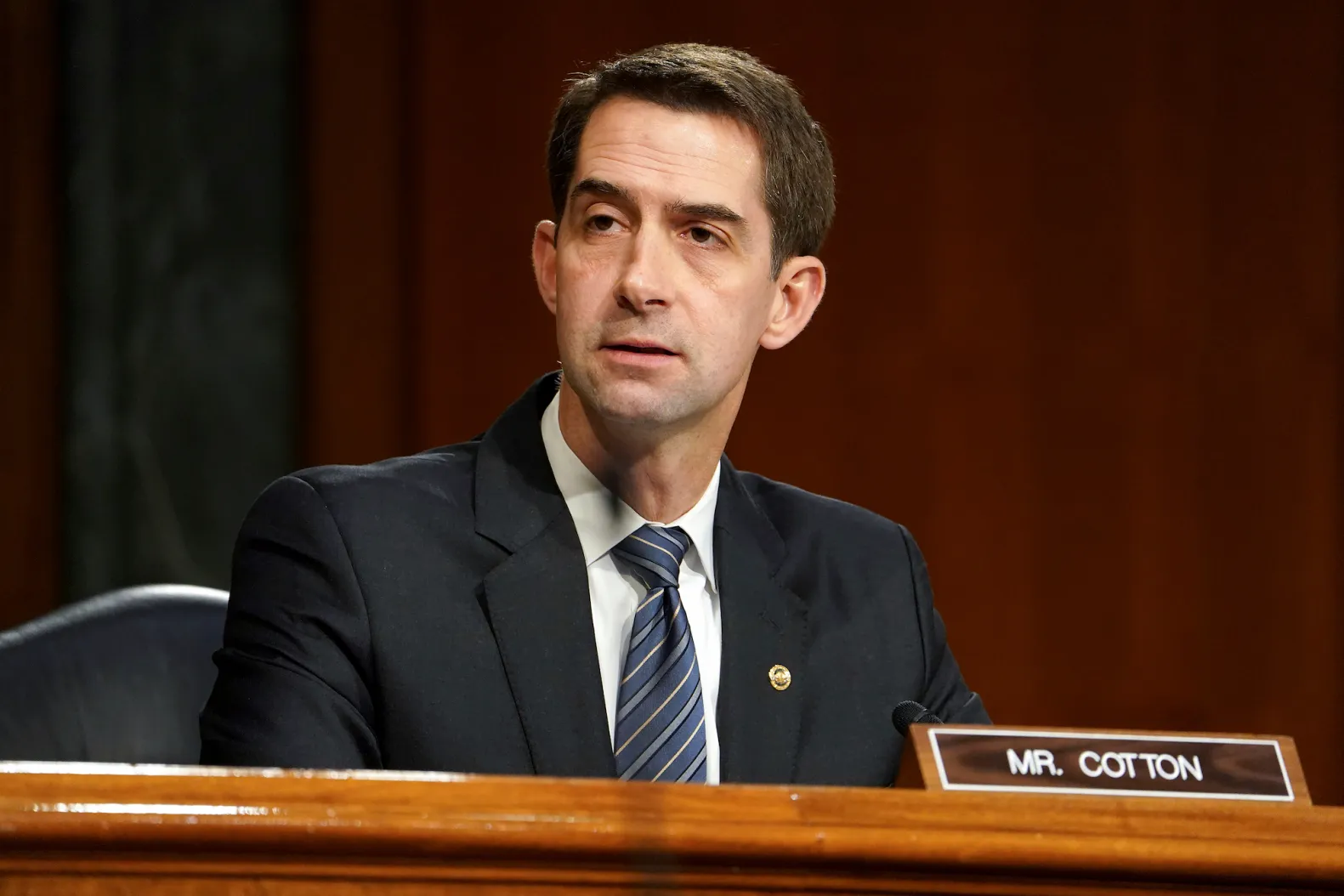Sen. Tom Cotton (R-Ark.) introduced the Chip Security Act, a bill designed to prevent advanced AI chips from falling into the hands of foreign adversaries through stricter export controls and real-time tracking measures. The legislation comes just days after the Trump administration rolled back a Biden-era rule restricting AI chip exports, a policy critics called “overly complex” and harmful to U.S. innovation.
The bill would require advanced AI chips under export controls to include a “location verification mechanism”, giving companies just six months to implement the tracking systems. Exporters would also be mandated to report any unauthorized diversions or tampering to the Commerce Department’s Bureau of Industry and Security (BIS).
“We must do better at maintaining and expanding our position in the global market, while safeguarding America’s technological edge,”
Cotton said in a May 9 press release. he added that “With these enhanced security measures, we can continue to expand access to U.S. technology without compromising our national security.”
The legislation also directs the Commerce Department and Pentagon to study additional security mechanisms, such as hardware-based protections, within a year, with potential implementation in the coming years if deemed necessary. Annual reviews over the next three years would assess whether new safeguards should be enforced.
Additionally, the bill seeks to streamline export controls, requiring Commerce to recommend ways to make shipments more flexible for allied nations. This push for efficiency follows the Trump administration’s decision to rescind the Biden-era “AI diffusion rule”, which aimed to curb exports of advanced AI chips. A BIS spokesperson criticized the old policy as “overly complex, overly bureaucratic, and would stymie American innovation.”
The Chip Security Act reflects growing bipartisan concern over China’s access to cutting-edge semiconductor technology, which fuels military and AI advancements. By tightening oversight while easing restrictions for allies, Cotton’s bill attempts to strike a delicate balance fortifying national security without stifling the U.S. tech industry’s global competitiveness.
As the legislation moves forward, key questions remain: How will location tracking be enforced? Will compliance burden chipmakers? And could this trigger further trade tensions with China? For now, the bill signals Washington’s escalating efforts to control the flow of critical technology before it falls into the wrong hands.
Read also: KindlyMD Merges with Nakamoto Holdings to Create $710M Bitcoin Treasury Giant






